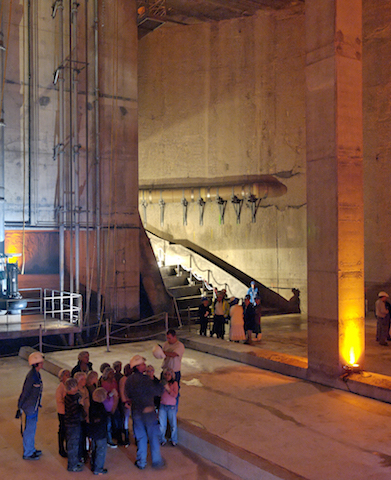
The general objective of the R2DS Garp-3c project is to assess the developments that are needed for waste water services in the context of climate change.
The current uncertainties on the evolution of hydrological extremes must be greatly reduced. At the same time, it is important to start assessing the scientific and socio-technical challenges that water management services are facing, especially in the Paris Region. Flood prevention and impacts reduction, when a crisis of the management system occurs, represent a major economic and social challenge.
To answer these questions, a wide variety of models and data are used to cover the enormous range of relevant space-time scales: from the minute to the century, from the meter to the planetary scales. Techniques allowing analysis across these scales are also used to comprehend the evolution of extremes and their consequences in terms of water management.
Along with the fine characterisation of hazard evolution in the Île-de-France Region in the context of climate change, the resilience of socio-technical systems to extreme phenomena should be analysed. This is particularly important because their frequency could increase. It is thus planned to establish the evolution of the organisation of water and waste water services and their missions in order to determine the ways to better take into account the vulnerability of territories and to better manage the crises.
Photo: © Laurent Mignaux – Terra

